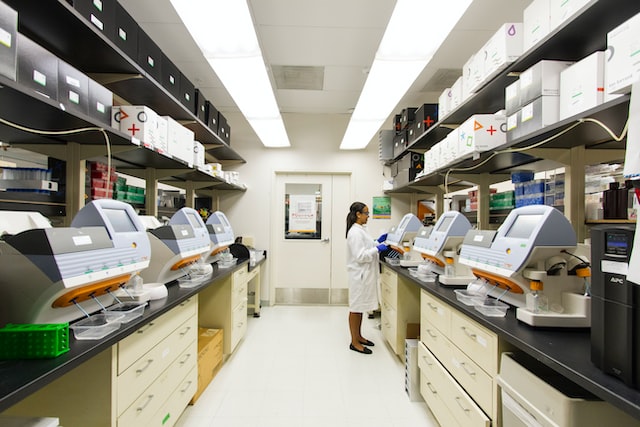

Inclusion of foreign assessments in sanitary control processes authorized in Brazil
New Anvisa resolution permits approved international authorities and entities to be considered when analyzing sanitary control processes
Subjects
Effective September 1, 2022, the Brazilian Health Regulatory Agency’s (Anvisa) Resolution No. 741/2022 introduces general requirements for considering Equivalent Foreign Regulatory Authorities’ (AREEs) assessments. This resolution results from Public Consultation No. 1,039/2011, which ended on June 15, 2021, after receiving over 300 contributions.
Before issuing this resolution, Anvisa already had initiatives in place for considering international regulations, having exchanged inspection reports on drugs and medical devices. It had also participated in the International Council for Harmonisation (ICH) and the International Medical Device Regulators Forum (IMDRF).
General requirements
AREEs are foreign regulatory authorities or entities whose assessments Anvisa recognizes to ensure that products authorized for distribution have been adequately inspected and meet recognized standards of quality, safety, and efficiency. In practical terms, Anvisa can now automatically take AREEs’ assessments into account, thus speeding up regularization processes at the national level. However, for these entities to qualify as AREEs, Anvisa’s collegiate board must first analyze technical reports and formally approve them.
According to Resolution No. 741/2022, Anvisa must observe the following general provisions when integrating AREEs’ assessments into its administrative processes:
- AREE assessments can be considered in regard to setting the criteria for each sanitary control process or product category;
- AREEs must have a transparent management system guided by good regulatory practices.
- AREEs must be periodically monitored and evaluated. Anvisa’s collegiate board may declare an AREE’s assessments invalid in the event that it no longer complies with the conditions and requirements that were met at the time of its approval;
- Anvisa must publicize which AREEs have been accepted for each sanitary control process or product category.
Anvisa will be able to conduct optimized analyses based on the assessments the AREEs have already prepared, using technical assessment mechanisms supported by regulatory reliance practices. These analyses will employ the AREEs’ instructional documents (which must be publicly available), considering the documents’ availability, authenticity and integrity, as well as information protection, data protection and privacy regulations. For the documents to be analyzed in this manner, they must:
- Show that the product in question is essentially identical to the one Anvisa is analyzing;
- Have been prepared in line with the standards Anvisa applies in such a way that they encompass the same scope;
- Be presented in their complete form, including any of the AREE’s questions and directions.
Anvisa can initiate the procedures for this optimized analysis either at its own initiative or in light of a request from interested companies, though this must occur before the analysis of the associated product or sanitary control process. Regardless of the documentation necessary for conducting the optimized analysis, requesting parties must also submit the full technical and legal documentation as per the regulations in effect.
Proposed regulation under public consultation
Anvisa Resolution No. 741/2022 also determines that specific conditions for adopting AREE assessments will be defined in future regulations.
In this regard, Anvisa Public Consultation No. 1,108/2022 intends to establish the criteria for the optimized analysis, in which AREE assessments are applied when analyzing the Active Pharmaceutical Ingredient Dossier Adequacy Letter (Cadifa), as well as the registration and post-registration of medicines and biological products.
The proposed regulation would also introduce three categories within the optimized analysis procedure to regulate medications, imported active pharmaceutical ingredients (APIs), and biological products and their active substances:
- Category A: applicable to regularization requests for medications, APIs or biological products submitted to Anvisa that have been approved by an AREE up to one year beforehand;
- Category B: applicable to regularization requests for medications, APIs or biological products submitted to Anvisa that have been approved by an AREE more than one year previously, or that have been classified under Category B analysis in Annex II or III of this same proposed regulation;
- Category C: applicable to medications considered to be of lower risk (as per specific instructions published by Anvisa).
The full text of Public Consultation No. 1,108/2022 is available (in Portuguese) for consultation, comments and suggestions from interested parties until October 14, 2022.
For further information on sanitary regulations, please contact Mattos Filho’s Life Sciences and Healthcare practice area.
*With the collaboration of Henryk Trelinski Alvarenga.



